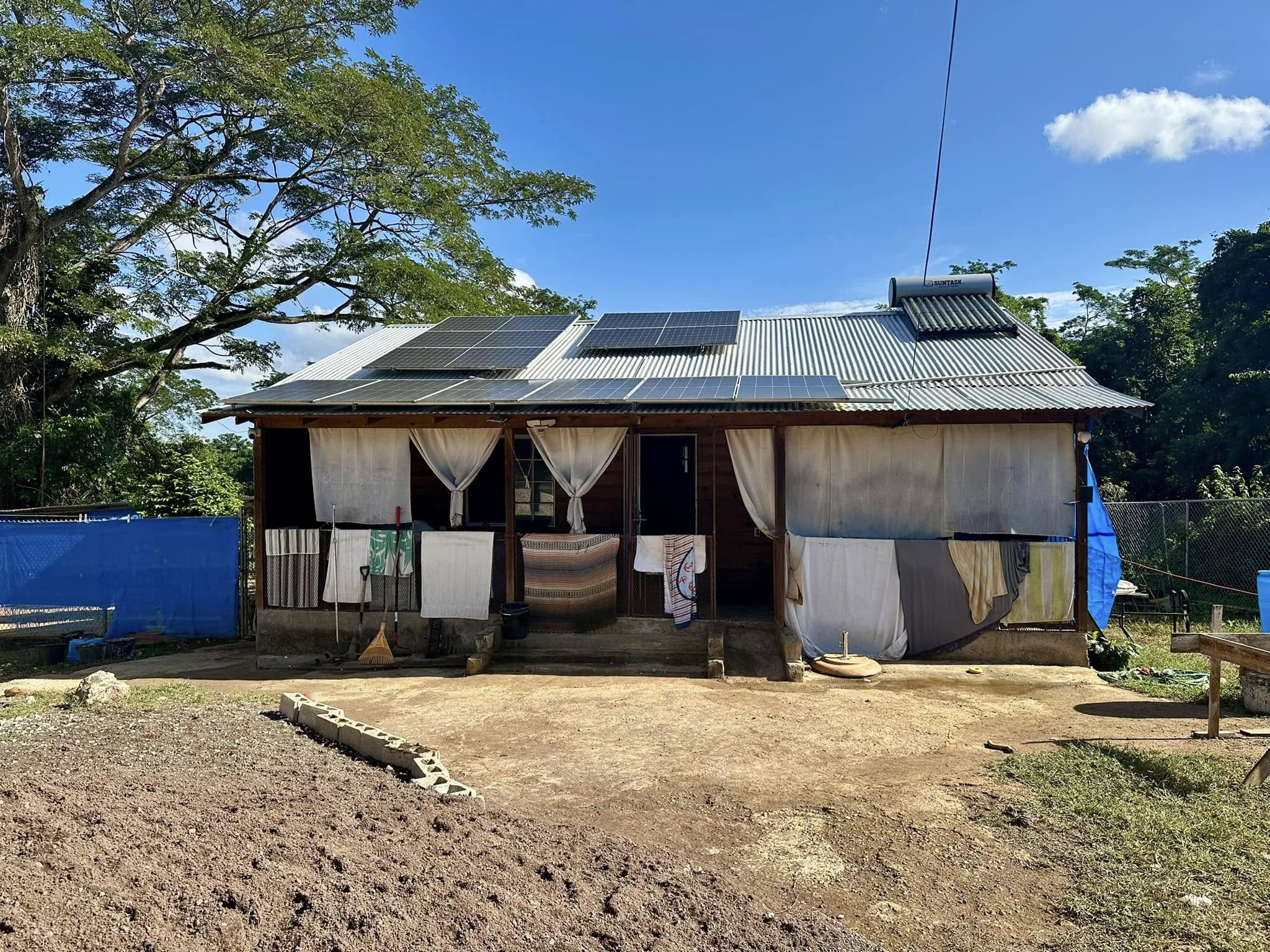Resources
Local Reputable Veterinarians (We are not veterinarians and do not operate a clinic)
If your dog or animal is experiencing a medical emergency (these include poisoning, acute injury like a vehicle strike, machete strike, etc.), please get your animal to the closest vet. Delaying care by asking for advice on Facebook or reaching out to us or other parties could mean life or death for your pet.
OTHER ANIMAL WELFARE ORGANIZATIONS IN JAMAICA
There aren’t many of us working on behalf of the forgotten animals of Jamaica, but we stand in the great company of others dedicated to the neverending challenge.
NEGRIL SPAY NEUTER CLINIC
NSNC is another great organization in the Negril area that works to encourage and administer spay/neuter programs to reduce the population of unwanted dogs and cats in Jamaica. They also offer a weekly veterinary clinic. The public, other shelters, and rescue groups are welcome, regardless of geography or income level. The clinic is open on Fridays from 9am to 3pm with a JSPCA veterinarian on site for vaccines, wound care and spay/neuter procedures. Contact number 876-304-0096
MONTEGO BAY ANIMAL HAVEN
Montego Bay Animal Haven was founded in 2009 to raise awareness of the plight of stray and abandoned animals in Jamaica. At this time, over 1,000 animals have been rehomed, and many more have been spayed or neutered. As a registered non-profit organization, they also rely completely on donations, of both time and money. Their small team currently cares for over 170 animals, both at the Haven (located in Montego Bay) and in personal foster homes.
Contact: mobayanimalhaven@gmail.com
Poisoning
Information courtesy of Negril Spay Neuter Clinic
The common poisons that are encountered in Jamaica are :
1. Gramoxone (Paraquat) – Weedicide
2. Insecticides
3. Toads – only a special breed (Bufo marinus)
4. Rat poison
Gramoxone Poisoning:
Gramoxone is an herbicide that is most often encountered with malicious poisonings in dogs. Scores of dogs have been poisoned by eating poison-laced meat while wandering their neighborhoods. The chemical creates intense gastrointestinal upset quickly after ingestion occurs. After 1-2 weeks animals begin showing signs of respiratory distress and eventually die from the damage done to the lungs. If the poisoning is caught quickly activated charcoal can be administered to prevent and slow absorption. Unfortunately, the prognosis for this type of poisoning is poor. The best prevention is keeping your pet confined on your property.
Insecticides:
There are many insecticides used in households. Many are used as aerosols such as Pyro and Baygon or as baits that are used in gardens. Common signs seen with this kind of poisoning are vomiting, inappetence, and increased salivation. Unlike Gramoxone, there is an antidote that can be given if affected animals are seen as soon after ingestion as possible. If the poison is in bait form, owners can induce vomiting by giving a tablespoonful of hydrogen peroxide orally for large dogs and a teaspoonful for small dogs and puppies.
Toad Poisoning:
Bufo marinus is a poisonous toad. This toad can excrete a thick, irritating venom that can cause extreme irritation in the mouths of animals. The poison glands are on the back of the neck of toads. Dogs contact the poison when they bite or lick the back of the toad. The most common clinical signs are retching, vomiting, pawing at the mouth, and hypersalivation. When a large amount of venom is absorbed, an animal can go into convulsions and have cardiac arrhythmia. If you suspect recent exposure, flush your dog’s mouth with water from a garden hose. Therapy for intoxication is mainly supportive and actions limiting the further absorption of the venom, such as giving activated charcoal. If severe signs are seen, treat this condition as an emergency and call immediately.
Rat Poison:
The first thing to do when you have suspected that your pet has consumed rat poison is to induce vomiting using hydrogen peroxide orally at 1 tablespoon for large dogs and a teaspoon for puppies and small dogs. The pet should be rushed to a clinic so that the antidote, vitamin K1 can be given. Signs of rat poisoning include: bleeding from the gums, rectum, and blood in the urine.

